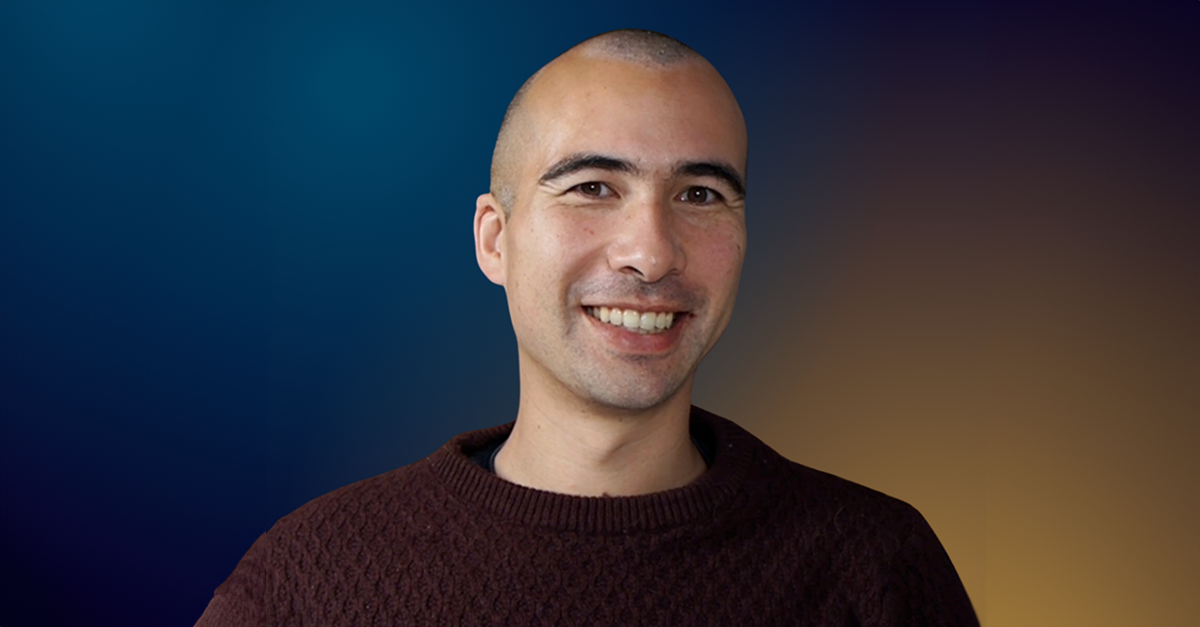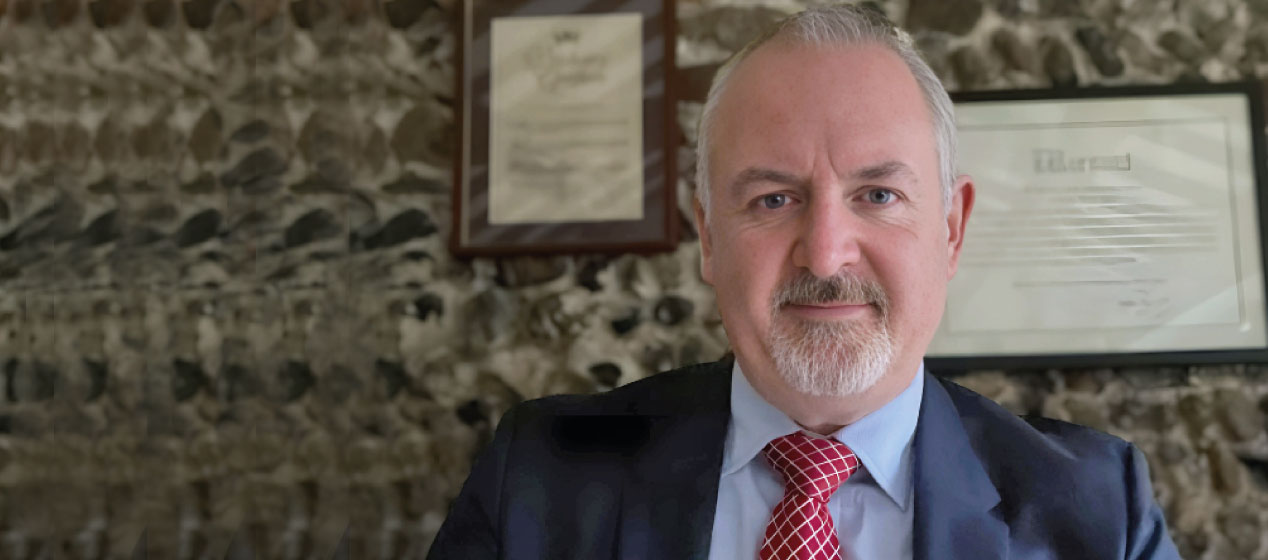NEOL Interviews: Rafe Britton
Author: NEOL
For our latest in the ‘NEOL interviews’ series, we had the pleasure of speaking with lubricants expert, Rafe Britton. Perhaps best known for his YouTube channel and industry podcasts, Rafe is an independent consultant and a luminary in the field of lubrication engineering.
With a rich background that spans various facets of the industry, Rafe brings a unique perspective to the current trends, challenges, and future directions of lubricant technology.
In this interview, we discuss Rafe’s background, his thoughts on the current state of the lubrication industry, and his ongoing work as an independent advisor to NEOL.
Q: To get started, could you give us a brief introduction to what you do and what led you to the lubrication industry?
Rafe: My background is pretty broad, but fundamentally, I’m an engineer. Always have been. I was the kid who didn’t dream about being an astronaut but instead dreamt about being the engineer who built the rocket. As it happens, I was also pretty good at maths and physics, and after finishing school, I managed to get a place studying Aerospace Engineering at university.
After graduating though, it was difficult to find an engineering firm that would take me on. This was mainly because it was in the middle of the great recession and no one was hiring, and maybe a little bit because I’d put the wrong graduation date on my C.V. Either way, I eventually landed a role with ExxonMobil as a drilling engineer, then travelled around the world drilling gas for the next seven years or so – gaining first-hand experience of the operations and maintenance procedures.
Eventually, life events meant that I needed to move back home to Australia, and I found myself about to quit my job. My boss approached me and, instead of me leaving, offered me an internal position as a lubrication engineer. At the time, I didn’t really have a clue what that meant… but I took it.
This led me to six years of studying lubricants, troubleshooting, getting to know the various products and helping people to better understand their lubricants, and how to maximise the results from their usage.
Q: You now work as an independent consultant and advisor, what prompted that move?
Rafe: It was actually a pretty quick decision. Towards the end of my time with ExxonMobil I was asked to step into a sales manager role, without really realising what the role was. As mentioned, I am 100% an engineer at heart, and within two weeks, I knew that the sales position was just not at all for me. So, I quit and went out on my own.
I’m now fortunate enough to work exclusively on projects that interest and excite me, as well as working on both sides of the industry – with both end users and lubricant companies.
Q: In your opinion, what would you say are the biggest challenges facing the industry at the moment – for both the lubricant companies and the end users?
Rafe: Personally, I think one of the biggest challenges we are seeing lubricant manufacturers face is how to maintain relevance. When they think about technical lubricants, most people think of the major petrochemical companies – the likes of BP, Shell, Exxon – who don’t necessarily have a good story attached to them. But the independent lubricants companies, those focused on lubricants alone, are inherently sustainable companies. The goal is to reduce friction, reduce energy consumption and make machines last longer – yet because of the overarching links back to petroleum companies, it can be difficult for lubricant companies to attract new talent, investors, and break that association.
For the end user, though, veering towards these independent lubricant companies makes more sense, particularly in the long term. If you break down the earnings of one of these major conglomerates, you’ve got their major earners which are things like the production of crude oil and natural gas, then you’ve got the petrochemicals businesses, then you’ve got the consumer facing petrol stations – and finally, right at the end of that list, lubricants. It is far from being a priority.
Whereas independent companies, like NEOL, are focused on lubricants and lubricants alone. They can respond to customer needs better, will be more committed to improving their product, and are ultimately more likely to provide something progressive.
Q: Speaking of NEOL, what work are you doing with them now?
Rafe: Currently I’m working with them as an independent advisor. I’m in a fortunate position where I get to see different facets of the industry, and have a good amount of experience behind me, so I’ve been helping them to determine where they can make the biggest impact.
There may be plenty of startups in our industry, but they usually a remix of existing technology, repackaged in a different form. It isn’t often you get a start-up like NEOL that is forging a path with a radical departure from traditional lubricant chemistry. It’s pretty unique in that respect, and it definitely has an exciting story to tell.
Q: You mentioned before you choose to work on projects that excite you, what about NEOL drew you in?
Rafe: Aside from them being a new company, it was the copper filming technology. I’ve always been curious about the potential of copper-based anti-wear additives, but there hasn’t been much going on in that area. In fact, since the end of World War two, ZDDP has been accepted as the industry standard and while there’s been refinement of that technology, there isn’t much that is truly revolutionary.
With NEOL, it was one of those ‘right place, right time’ situations. I’d read a very short article in a trade magazine about their previous company, CUPPER, and then a few weeks later I received an email from Dmitry asking for support with their startup.
They were making some pretty bold claims about the potential of their copper filming technology, which piqued my interest, so I got back to them saying ‘this all sounds great, but can you prove it?’.
Q: And, I suppose that leads us on nicely to our final question – could they prove it?
Rafe: As far as I can tell, NEOL’s CuGlide technology is the real deal. From the test results I’ve seen, NEOL has been able to substantially improve energy efficiency and reduce wear, and its oils have lived up to the claims they are making. Of course, areas such as the extension of machine life are harder to say for certain at this point in time – as if you’re looking to see if a gearbox can last 20 years, you need to wait for 20 years – but in the endurance and stress tests we’ve done it seems to stand up.
It is a pretty radical departure from the traditional chemistries being used, with the added benefit of being no-SAPS, and I’m genuinely excited to see the outcomes of the current tests NEOL has underway.

